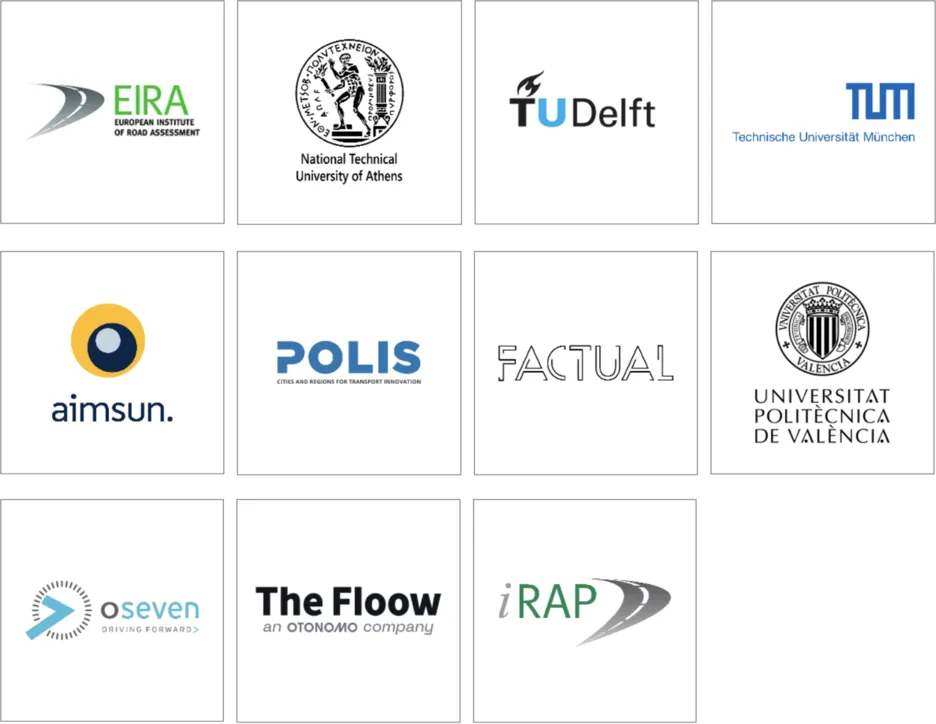PHOEBE (Predictive Approaches for Safer Urban Environment)
About
The EU-funded ‘Predictive Approaches for Safer Urban Environment’ (PHOEBE) project aims to increase the road safety of vulnerable road users, especially those who use active mobility and e-scooters. This is achieved through the inter-disciplinary power of traffic simulation and road safety assessment. The 3.5 year-long PHOEBE project will draw inspirations from real-world scenarios in the three pilot cities of Athens (GR), Valencia (ES) and West Midlands (UK).
The Challenge
Recent European Union statistics on urban road fatalities suggest that even though road fatalities are constantly declining, still nearly 7500 fatalities were recorded in the EU27 in 2020. This number of urban fatalities represents around 40% of all road fatalities.
The predominantly car-centric mobility planning of past decades create passenger car congestion in urban environments across the continent. Furthermore, lacking speed limit compliance, car-centric spatial design and reckless driving create a precarious or even dangerous urban landscape for pedestrians, cyclists, users of emerging mobility solutions and vulnerable road users. The latter group is facing significant challenges, as traffic flows might be too fast in urban environments or street spaces are too crowded.
Therefore, the PHOEBE project is following the ambitious ‘Vision Zero’ goal that was formulated by the European Commission with the aim to halve the number of road fatalities by 2020 and a long term-goal to move close to zero fatalities by 2050.
The PHOEBE Plan
PHOEBE will develop an integrated, dynamic human-centred predictive safety assessment framework for all road user types in urban areas. This will be achieved by bringing together traffic simulation, road safety assessment, data concerning human behaviour and mode shift, as well as demand modelling of new and emerging mobility data.
Vulnerable road users, such as women, the elderly, users of active mobility or emerging mobility solutions, as well as physically impaired people, need special attention from the city authorities. Therefore, the unique PHOEBE plan to develop integrated modelling and simulation tools to help cities to plan urban road safety measures.
Overall, the results of PHOEBE can be used as a blueprint by other European cities to developed their own knowledge products, such as socioeconomic analysis model, urban road safety assessment, human behaviour and choice modelling.

Partners

Contact Person:
Chair of Transportation Systems Engineering (TSE)
Prof. Dr. Constantinos Antoniou, Dr. Santhanakrishnan Narayanan, M.Sc. Arunava Putatunda
(editiert) 28.06.2023 von Hao Wu